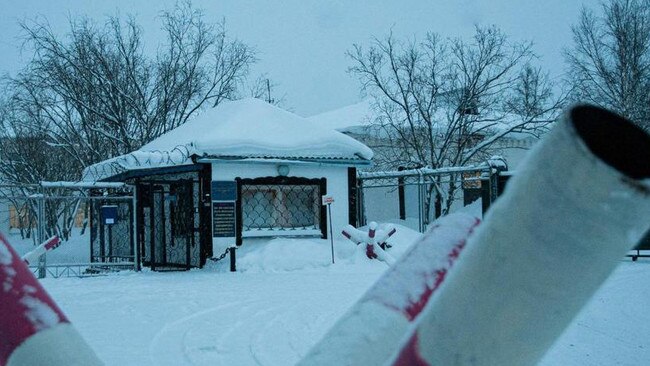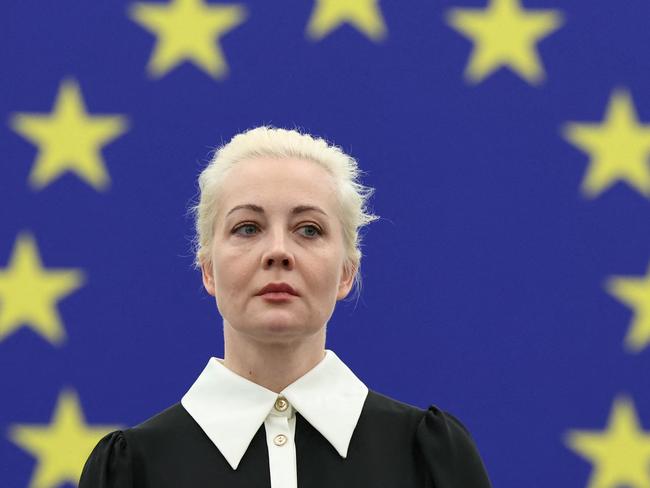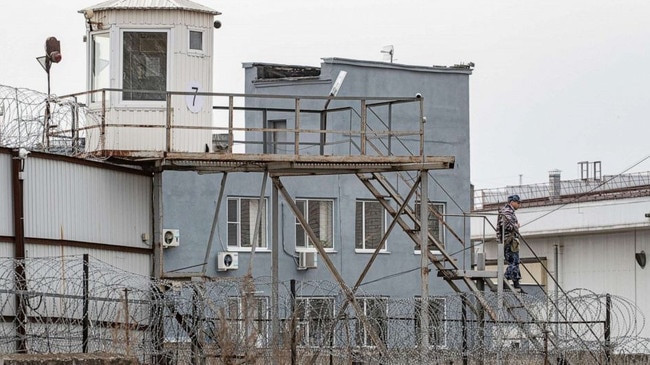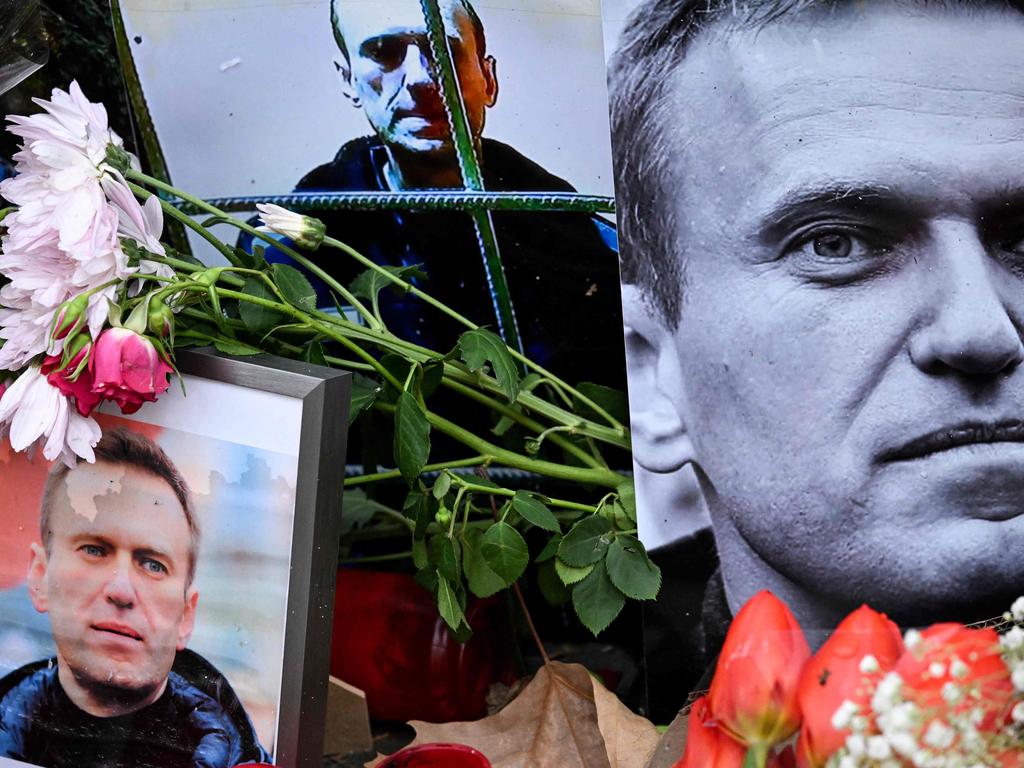‘Freezing, tiny cells, where you can’t sit or lie down’: Alexei Navalny’s prison life
Even before he entered the brutal ‘Polar Wolf’ prison Alexei Navalny suffered solitary confinement in a ‘concrete box’ where the bed was strapped to the wall so he couldn’t lie down.

Alexei Navalny, the Russian opposition leader and Vladimir Putin’s nemesis, arrived at the notoriously brutal FKU IK-3 “Polar Wolf” prison camp in Russia’s far north on December 23 last year.
Seven weeks later, he was dead.
In those weeks, Navalny suffered some of the most inhumane conditions of any of Russia’s prisons; but even before he entered “Polar Wolf,” he experienced the savagery of the country’s prison regime – particularly in the ‘punishment cells’ where he spent much of his time.
In a high-security regime, prison authorities need no reason – or only the smallest infraction of rules – to send a prisoner to solitary, according to Russian media. The conditions are so harsh they can severely impact the health of those incarcerated in the tiny, freezing cold cells, where they are banned from sitting and where beds are often strapped to the walls so they can’t lie down.

Yulia Navalnaya, Mr Navalny’s wife, described his punishment cell recently in a video as: “A concrete box of six or seven square metres, with nothing but a stool, a sink, a hole in the floor instead of a toilet and a bed strapped to the wall so you can’t lie down on it.”
Other former prisoners and their families have described similarly harsh conditions to the Novaya Gazeta, an independent Russian newspaper.

Ivan Ashtashin, who spent a total of nearly 40 days in solitary for minor offences including waking up late and lighting a match, told the newspaper the worst time to be sent to solitary was in spring and autumn, when the heating was turned off.
“Punishment cells are often in basements. When they turn the heat off in summer and autumn it gets very cold,” said Mr Ashtashin, who was sentenced on terror charges for taking part in a protest that damaged FSB offices in Moscow.
“Even in winter, actually, the windows let the cold air in and we didn’t have any extra clothing to wear. I would walk around the cell to warm up my feet. My feet would get warm, but my head would be cold, so I’d pull my jacket over my head to warm it up. But then my feet would freeze again.
“We couldn’t sleep on the floor because it was crossed with cold strips of steel to keep prisoners from dismantling it. So we slept sitting on stools with our heads on the tables, sometimes resting on a book for comfort.”

Vyacheslav Kryukov, who was sentenced on extremism charges in 2018, said prisoners were banned from sitting or lying down on the floor during the day. “You’re supposed to just stand there all day. It was extremely cold. In my first 15 days, my kidneys almost froze. Days after my return to the main prison, I could still feel the frostbite on my back”.
An anonymous prisoner described how some prisons kept temperatures in the cells as low as 10 degrees, and even ‘heating’ the cell at 17C left prisoners freezing.
“If you’re young and healthy, your body can deal with the stressful conditions,” he said. “But for someone older, or someone with a compromised immune system, or someone who has been poisoned like Navalny, it’s harder for the body to cope. I saw older or immunocompromised people get sent to the punishment cells, only to get really sick and end up in the prison hospital”.
The anonymous prisoner described the psychological effect of being locked in punishment cells as “torture.”
“You’re in such a confined space: living in a punishment cell is like living in a large toilet cubicle. You really cannot gloss over the psychological effects,” he said.
The conditions in “Polar Wolf” were even worse. Vladimir Osechkin, founder of the human rights group Gulagu.net, has claimed that on the day he died, Mr Navalny was forced to spend two and a half hours outdoors in an open-air solitary confinement space where temperatures could dip to minus 27C. Once his blood circulation had slowed right down and his body was frozen, a Kremlin hitman killed him with a punch to his heart, Mr Osechkin claims.
The Kremlin held onto Mr Navalny’s body for days before handing it over to his mother.
His funeral will be held in Moscow on Friday at 2pm local time (12pm AEDT), his organisation has announced.








To join the conversation, please log in. Don't have an account? Register
Join the conversation, you are commenting as Logout